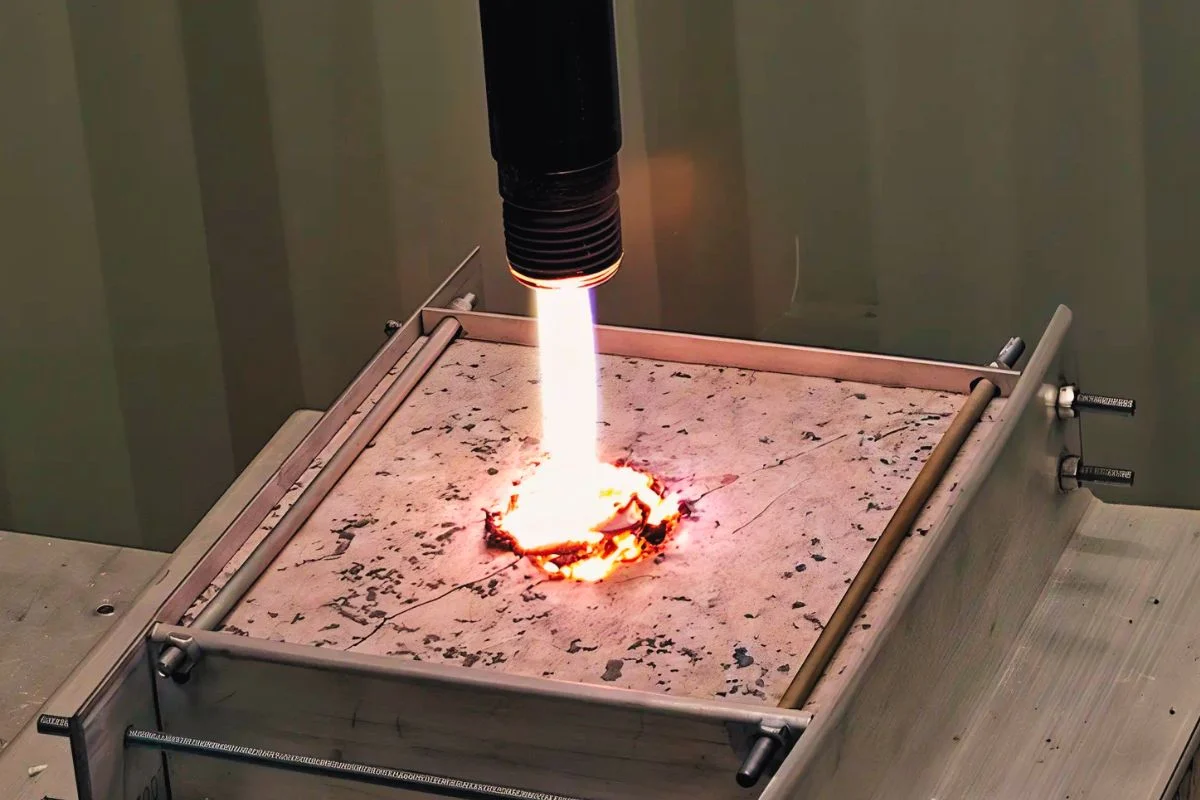Is AI About to Turn the Job Market Upside Down? What You Need to Know!

What if I told you that the next recession could turn the job market on its head, leaving white-collar professionals scrambling for new opportunities? With the rise of generative AI, the landscape of employment is about to change dramatically, and not everyone will survive this storm.
Recent insights from JPMorgan's senior U.S. economist, Murat Tasci, reveal a concerning trend: businesses are increasingly turning to automation in times of economic downturn, but generative AI might disrupt the usual dynamics of job losses and recoveries. Traditionally, white-collar workers—think engineers, scientists, and designers—have been somewhat insulated from the harsh realities of recession-induced layoffs. However, Tasci warns that this time could be different.
He notes that as AI tools become more prevalent in the workplace, we could see substantial job displacement among those engaged in what he describes as “non-routine cognitive tasks.” That's a fancy way of saying that jobs requiring creativity and critical thinking could be at risk, something that has been largely unthinkable until now.
Since the late 1980s, we've seen a steady decline in routine jobs—those tasks that are predictable and easily automated—like many sales positions and office work. These roles have been replaced by machines, and unfortunately, they haven't bounced back as quickly after recessions. In fact, jobs in these areas still haven't returned to their pre-Great Financial Crisis levels.
On the flip side, non-routine cognitive jobs have been resilient. They've historically weathered economic storms, often leading the charge in employment recovery. But now, we’re facing an alarming shift. For the first time in history, more unemployed individuals are coming from non-routine cognitive occupations than from non-routine manual jobs, such as those in healthcare or food service. Tasci calls this trend an 'ominous' sign, indicating potential future risks for these workers, a group that now constitutes nearly 45% of the labor force compared to just 30% in the early 1980s.
With generative AI already impacting the job market—especially entry-level positions filled by recent graduates—the stakes are rising. The growing threat to white-collar jobs could lead to a labor market downturn characterized by high unemployment and sluggish recoveries, as seen in past recessions.
However, not everyone is buying into the doomsday scenario. Tech investor David Sacks, who also advises the White House on AI and cryptocurrency, argues that the fears surrounding generative AI and job loss are exaggerated. He emphasizes the importance of the human element in using AI, asserting that while AI can assist, it still requires skilled individuals to guide and verify its outputs. Sacks believes the idea that you’ll lose your job to AI is misleading; instead, it’s about how well you adapt and leverage these technologies.
As we stand on the brink of this new era, the question remains: Will you embrace the change and learn to thrive in an AI-enhanced job market, or will you be left behind in the wake of automation?

























